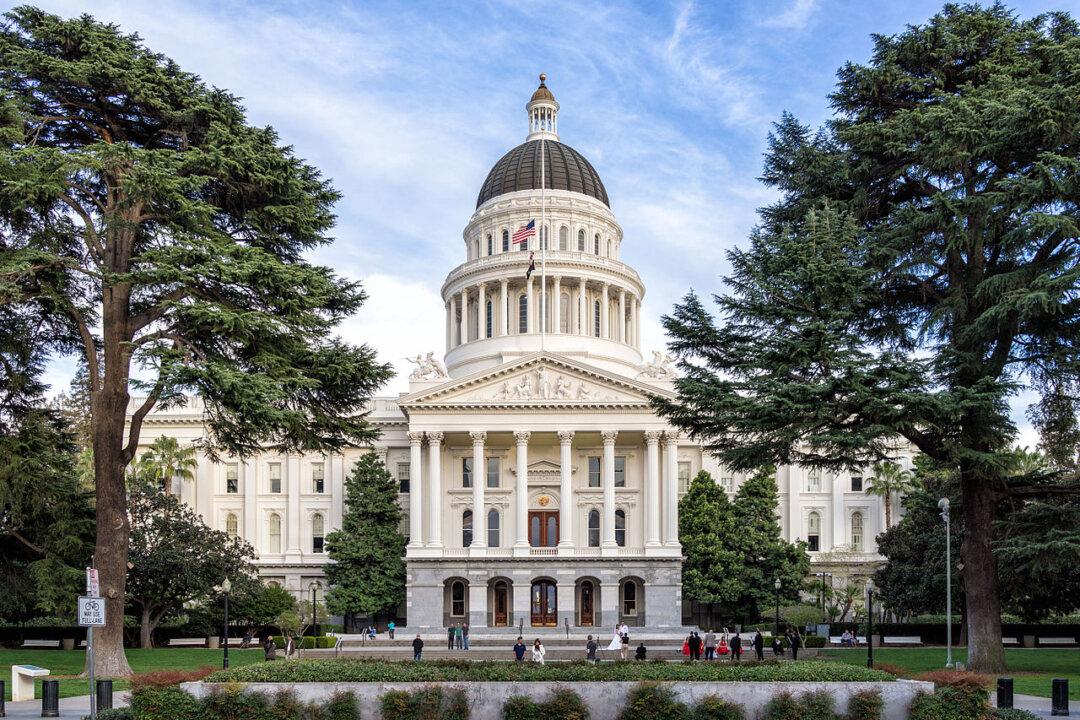Elected officials in California are challenging a controversial state law that deprives them of their ability to speak critically about labor unions by prohibiting statements deemed to “deter or discourage” public employees from seeking union membership.
“I was elected by the people to ask tough questions and discuss public policy issues in an open dialogue without fear of legal action,” said lead plaintiff Jeffrey Barke, a physician who is a member of the Rossmoor Community Services District and who used to be an elected member of the Los Alamitos Unified School District Board of Education.





